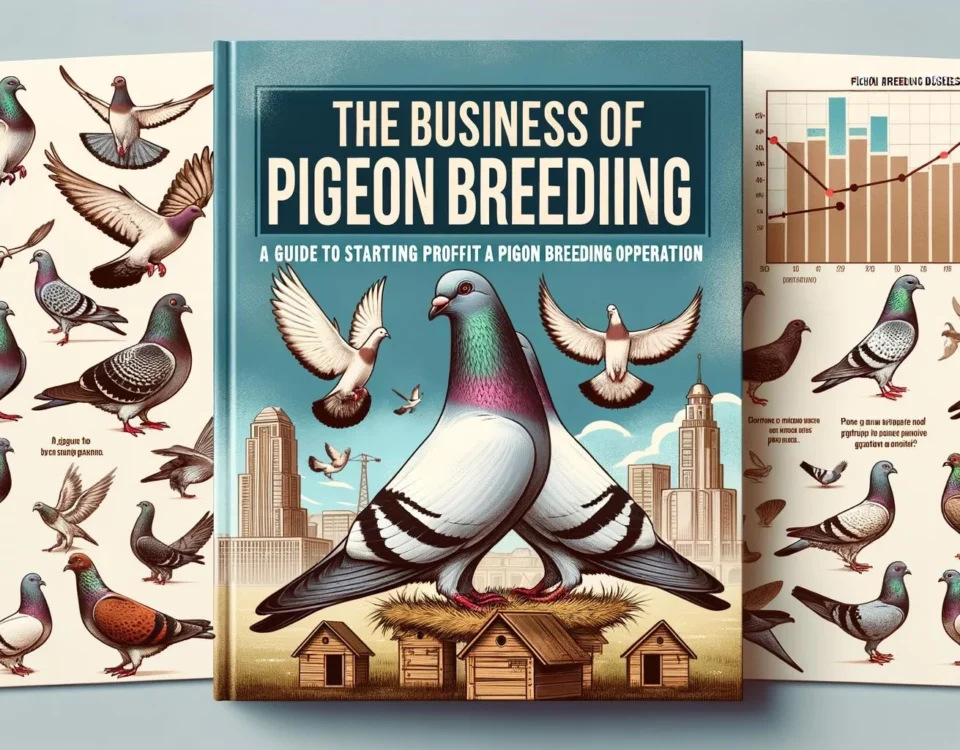Pigeon breeding is a popular hobby and can even be a lucrative business. However, like any other activity, there are legal aspects that need to be considered. This article explores the legal regulations and requirements associated with pigeon breeding.
Key Takeaways
- Local regulations and zoning codes can vary when it comes to pigeon breeding.
- Permits and licenses may be required to engage in pigeon breeding activities.
- Pigeon breeding and racing may also have their own set of legal requirements.
Regulations on Pigeon Breeding
Understanding local regulations governing pigeon breeding is crucial as they can vary widely depending on your location. Some areas may have zoning codes that dictate where and how pigeon breeding can take place. These regulations may specify factors such as the number of pigeons allowed, the type of housing structure required, and the distance from residential areas or other properties.
Before starting a pigeon breeding operation, it is important to research and comply with all the applicable local regulations. This may involve obtaining permits, licenses, or approvals from local authorities.
Pigeon Racing and Breeding
Breeding and training practices in pigeon racing are also subject to legal scrutiny. Breeders must adhere to standards that ensure the genetic health of the pigeons, avoiding inbreeding and other practices that may compromise the birds’ well-being. In some cases, there may be additional regulations regarding racing pigeons, such as registration requirements or rules for participating in organized races.
For comprehensive information on the legal aspects of pigeon racing, interested parties can consult with local pigeon racing clubs, federations, or regulatory bodies for guidelines and requirements.
Permits and Licenses
When engaging in pigeon breeding activities, it is important to consider the need for permits and licenses. Permits and licenses may be required by local authorities to ensure compliance with regulations and to monitor the welfare of the pigeons. These permits and licenses may cover aspects such as the number and types of pigeons allowed, housing requirements, and record-keeping obligations.
It is advisable to consult with local government agencies or animal control departments to determine specific requirements for obtaining permits and licenses for pigeon breeding.
Additionally, it is important to be aware of any noise regulations that may apply to pigeon breeding. Pigeons can be noisy animals, especially during breeding season, and there may be restrictions on the allowable noise levels or specific hours during which excessive noise is prohibited.
In summary, pigeon breeding is subject to various legal aspects, including regulations, permits, licenses, zoning ordinances, and noise regulations. It is essential for individuals and businesses involved in pigeon breeding to research and comply with all applicable legal requirements to ensure the responsible and lawful operation of their activities.









